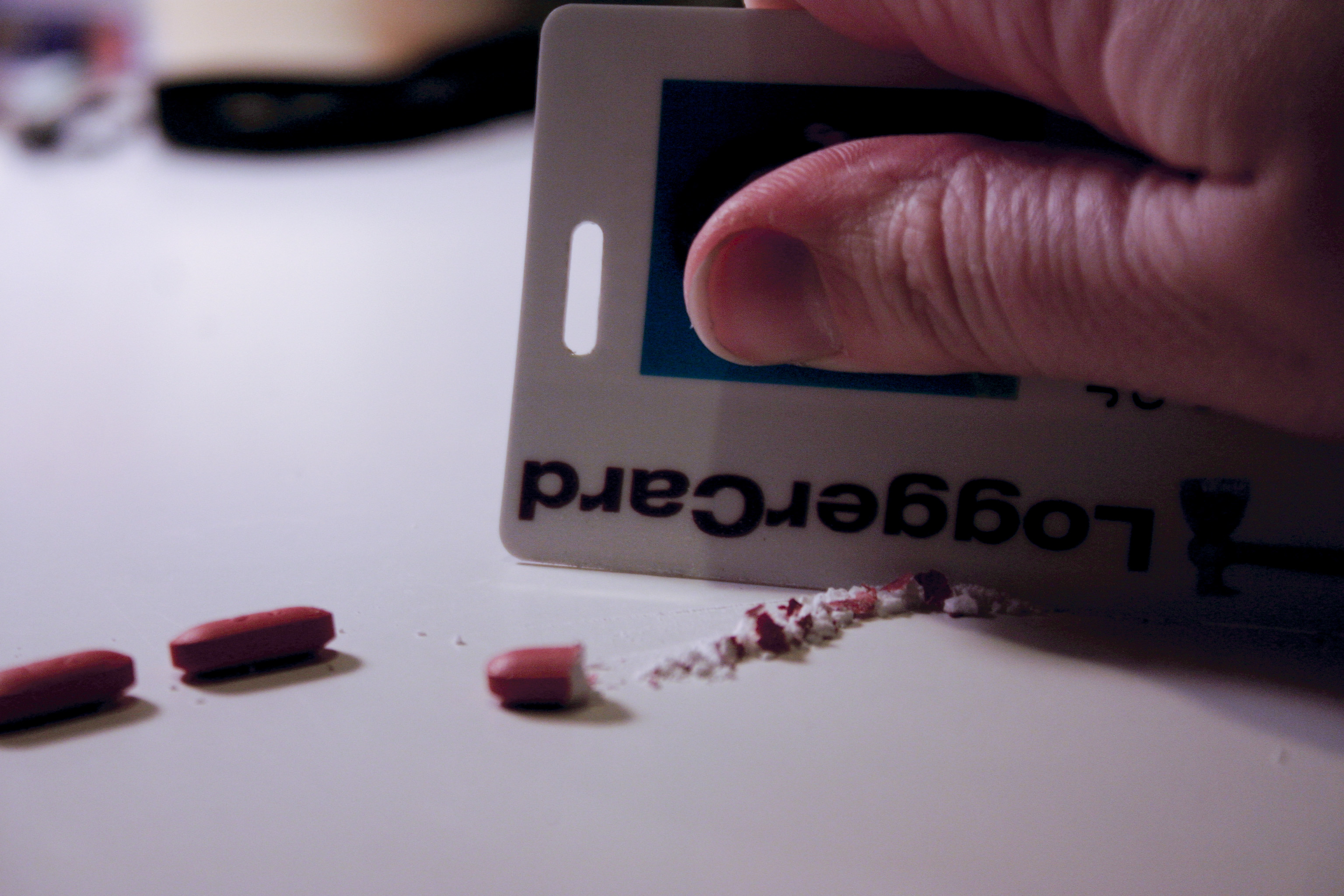
At this point in the year students hear murmurs about drugs like Adderall and Focalin being sold on campus to students who need an extra boost. These drugs are norepinephrine-dopamine reuptake inhibitors (NDRIs), typically prescribed to people with attention deficit hyperactivity disorder and other attentional disorders. When taken as prescribed, these drugs have a calming effect. But when taken by those without the disorders the result is an increased level of focus and hyper-activity. Students have found that these drugs can be the perfect supplement to a late night spent in the library. But how prevalent is this drug use on our campus and how do Puget Sound students feel about it?
First it is important to understand where students get the drugs. Many admit they buy from friends who have ‘legitimate’ prescriptions, paying $5-10 per pill. Yet these prescriptions seem to be a bit shaky in their ‘legitimacy’. At least one student with a prescription confessed exaggerating the known symptoms of ADHD to a doctor in order to obtain adderall for their own use and for selling to make a profit. Sale of these drugs can be profitable this time of year but those interviewed said that it’s not a drug that sells regularly. There are definite increases in demand during midterms and finals.
Finding accurate numbers for how many people on campus use amphetamines is near impossible as it doesn’t seem to be something people are proud to admit. Yet there is work underway on campus set at exposing Puget Sound student’s relationship with the study drugs. Professor Dan Burgard has been conducting tests on University of Puget Sound waste water to detect the presence of pharmaceuticals, amphetamines included. The results of his research remain to be seen but it is likely his research will confirm the trends that students already observe.
Opinions about the use of the drugs are spread across the board. One interviewee who asked to remain anonymous took a firm stance against the use of such drugs, stating, “I signed up for the classes I’m taking and the clubs I’m in, if I can’t do it then it’s my fault. But I know what I’m capable of and simply don’t overload myself. I stay organized so I don’t let myself get behind.”
Other students who are opposed to study drug use have likened it to cheating, arguing that it’s similar to when an athlete uses steroids. But does Adderall really give users a competitive edge? Are students getting better grades because they pop pills that keep them up all night? People who have used would say definitely not.
Students who were willing to admit that they used the drugs reported mixed results. While most described an increased level of energy, likened to a more intense caffeine high, very few had purely positive things to say. Many stated that they would feel more energized but would still be prone to distraction, or that the work they produced while on amphetamines was misdirected. Others complained of the side and after effects, such as jitters, feeling flushed and being extremely ‘burned out’ the next day. Many of these people admitted they’d rather not take the drugs if they can avoid it but sometimes feel trapped by the amount of work they need to get done at this point in the year.
Overall it seems that these drugs are used in instances of desperation, brought on largely by procrastination on the users’ part or poor foresight about the most intense portions of the semester such as midterms and finals.
[Guest writer: Elly Henriksen]
[polldaddy poll=4225573]
